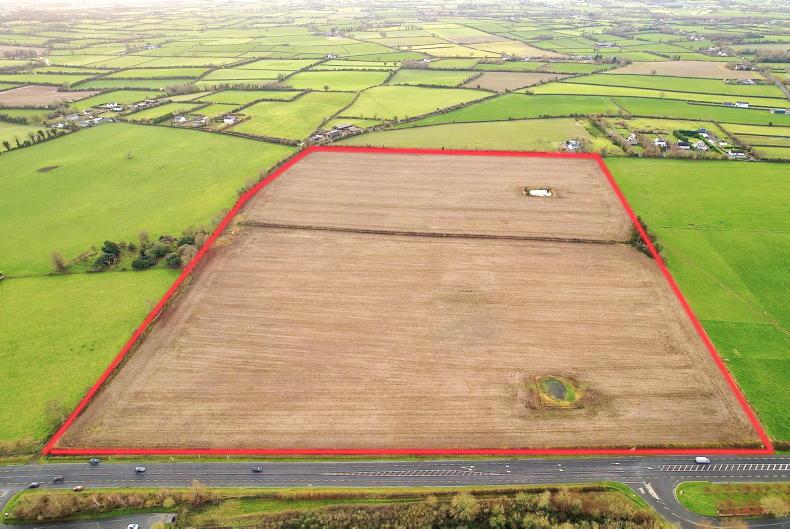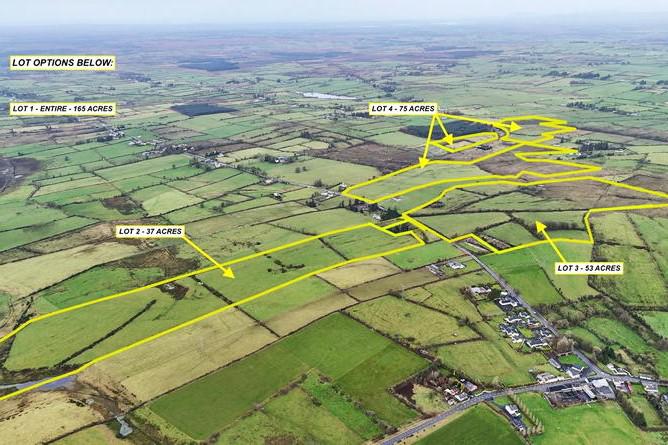Long-term leasing of land has become very popular among landowners due to the favourable tax treatment.
Not only does the landowner qualify for income tax exemptions on the rent and entitlements payment, but they can also qualify for agricultural relief under gift/inheritance tax and consanguinity relief under stamp duty by leasing out their land as opposed to having to farm it themselves.
While there are many potential benefits to be gained from leasing, there are also a number of challenges.
Both parties enter into an arrangement, which must be honoured regardless of changing circumstances.
What if the economics of farming change dramatically and the lease cost is no longer affordable? What are the legal obligations of the parties involved?
In a lease agreement, it is not open to either party to break the term of the lease during the currency of the lease unless there is provision for a break clause included in the terms of the lease. However, the parties to a lease should be wary of inserting provision for such a break clause as it could affect the availability of the income tax lease exemption, the terms of which provide that the lease must be for a definite term.
The lease can be terminated early if both parties to the lease agree. Generally, provided a replacement tenant is found within a year of the early termination who will see out the term of the lease, this will prevent a clawback of any income tax relief claimed.
What happens if the user, the lessee, walks away from the deal and does not pay?
He/she could be sued for the balance of rent due for the term of the lease. If the farmer fails to pay the rent 14 days after it becomes payable, the IFA master lease provides that the landowner can re-enter the land and the lease will finish but without prejudice to any rights or remedies which the landowner may have against the farmer. Legally, parties have a duty to mitigate their losses so the landowner should try to secure a replacement tenant for land.
What happens if the lessee does not pay the agreed amount but continues to occupy the land or leaves stock on it?
If the term of the lease has expired and the farmer will not vacate the land, the landowner can issue proceedings for ejectment for overholding pursuant to section 72 of Deasy’s Act 1860. The relevant procedure in the circuit court is by way of Ejectment Civil Bill – overholding pursuant to Order 51 of the circuit court rules. If there is a valid and subsisting lease, in that case ejectment proceedings can be brought for non-payment of rent, pursuant to section 52 of Deasy’s Act 1860.
If the landowner accepts that the lease is valid, it is still possible to make a demand for possession and institute proceedings for forfeiture, eg where the tenant has been in breach of condition or covenant of the lease such as non-payment of rent.
If farming profits were to improve substantially from the circumstances that applied at the time the lease was drawn up and the lessor wanted to withdraw from or renegotiate the lease, how is the lessee protected?
Most leases generally provide for a rent review clause. The IFA master lease does not specify how often the rent is to be reviewed, that is a matter to be agreed between the parties. However, most parties agree a period of five years. The IFA master lease provides that any increase in rent is a matter to be agreed between the farmer and the landowner. If they cannot agree, the matter is referred to an independent surveyor who will determine the rent due.
The IFA master lease provides that the independent surveyor shall determine an annual rent which, in his opinion, will be based on the full open market rent of the farm let as a whole. No account will be taken of the fact that the farmer may have carried out improvements to the land or indeed let the land fall into bad condition or disrepair.
Where a lease was drawn up with conditions that apply to, say, the non-use of the access to the lessor’s yard or residence, how can such issues be resolved in the event of such a breach?
If the lease provides for no access to the landowner’s yard or residence entrance, then the farmer has no right to do so. It would generally be agreed at the outset of the lease; how the farmer is to gain access to the land and this would be incorporated into the written lease.
Most leases provide dispute resolution mechanisms and it depends on the terms of the lease as to how disputes will be resolved. For example, the IFA master lease provides that any dispute under the lease shall be conclusively determined by an independent surveyor. The surveyor must have 10 years’ post-qualification experience in the leasing of agricultural land.
The appointment of the surveyor to make a decision on the matter in dispute is a matter to be agreed between the landowner and the lessee. If they cannot agree, they can apply to the president of the Society of Chartered Surveyors of Ireland to appoint such a person. The IFA master lease provides that the independent surveyor shall give notice in writing of their decision to both parties within 60 days of his appointment or such lesser period as agreed between the parties.
Disclaimer: The information in this article is intended as a general guide only. While every care is taken to ensure accuracy of information contained in this article, Aisling Meehan Agricultural Solicitors does not accept responsibility for errors or omissions howsoever arising.









SHARING OPTIONS